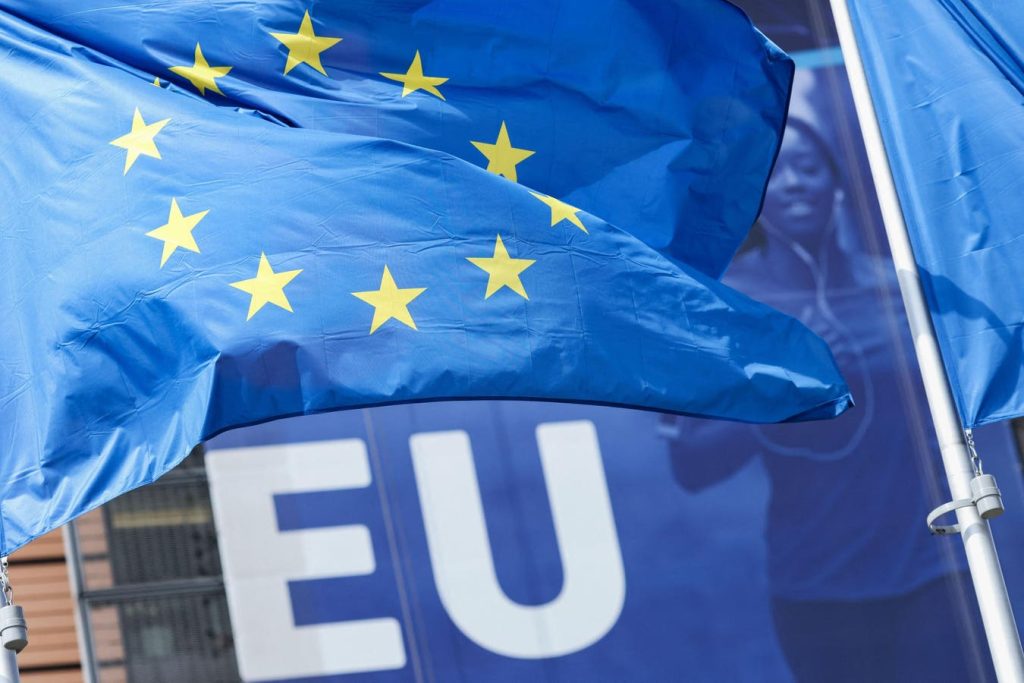The Council of the European Union recently gave final approval to the Corporate Sustainability Due Diligence Directive (CSDDD) after a tumultuous four-month political process. This directive holds companies accountable for environmental and human rights violations within their supply chain, creating a legal liability for non-compliance. The final version of the CSDDD was significantly weakened from its original proposal to satisfy the diverse interests of EU member states.
The CSDDD, also known as the CS3D, establishes a standard for corporate due diligence on sustainability issues such as environmental impact, climate change, and human rights violations. It extends the responsibility beyond a company’s direct actions to include its subsidiaries and supply chain. Both EU-based companies and non-EU companies doing a significant amount of business in the EU could now be held liable for the actions of their suppliers.
Initially scheduled for easy approval, the CSDDD faced unexpected pushback that resulted in 45 days of intense negotiations, false starts, and political pressure. The final version of the directive was approved by the Council on March 15, with changes that increased the threshold for impacted companies to those with 1,000 employees and €450 million in turnover. The directive will be phased in over five years, with larger companies being impacted first in 2027.
After approval by the European Parliament on April 24, the CSDDD was sent back to the Council of the European Union for final approval. The Council’s Competitiveness Council held a vote on May 24, with 17 EU states voting in favor and 10 abstaining. Abstentions have the same effect as a vote against the directive due to voting requirements. Once formally published in the European Union Official Journal, member states will have two years to implement the directive at the national level, with expected publication in early June 2024.
The passing of the CSDDD marks a significant step towards corporate accountability and sustainability in the European Union. Companies will now be required to conduct thorough due diligence on their supply chains to ensure compliance with environmental and human rights standards. While the directive faced challenges and compromises during the approval process, its ultimate passage reflects a growing global trend towards holding businesses accountable for their impact on society and the environment.


